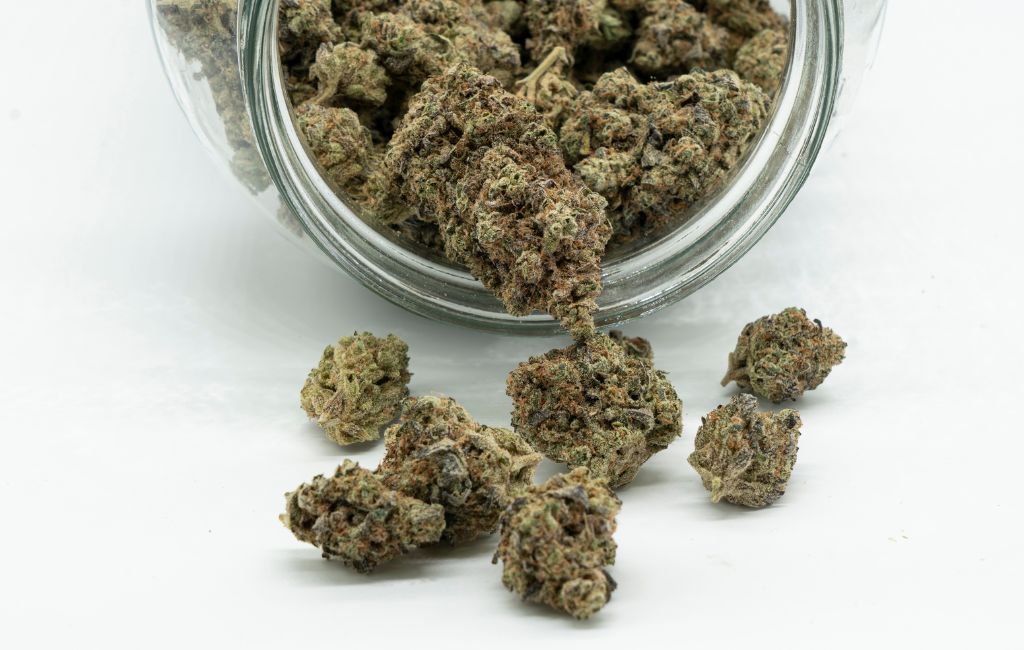How to Use THCa Flower
THCa flower is gaining popularity among cannabis enthusiasts for its unique properties and potential benefits. Unlike its more famous counterpart, THC, THCa is non-psychoactive in its raw form. This article explores various ways to use THCa flower, providing insights into its benefits and applications.
Understanding THCa
THCa, or tetrahydrocannabinolic acid, is a cannabinoid found in raw cannabis plants. It is the precursor to THC, the compound responsible for the psychoactive effects of cannabis. When cannabis is heated through smoking, vaping, or cooking, THCa converts to THC, a process known as decarboxylation.
THCa is believed to offer several potential health benefits without the high associated with THC. Research suggests it may have anti-inflammatory, neuroprotective, and antiemetic properties. These attributes make THCa an attractive option for those seeking therapeutic effects without psychoactivity.
Methods of Consuming THCa Flower
There are several ways to incorporate THCa flower into your routine. Each method offers unique benefits and experiences.
Raw Consumption
Consuming THCa flower in its raw form is one of the simplest methods. This can be done by adding raw cannabis to smoothies, salads, or juices. This method preserves the THCa content, allowing users to benefit from its potential therapeutic effects without experiencing a high.
- Blend THCa flower with fruits and vegetables for a nutritious smoothie.
- Sprinkle raw cannabis on salads for an added health boost.
- Juice THCa flower with other greens for a refreshing drink.
Topical Applications
THCa flower can be used in topical applications, providing localized relief without psychoactive effects. Infusing THCa into oils or creams allows for easy application to the skin, potentially aiding in reducing inflammation and pain.
- Create a THCa-infused oil by soaking the flower in a carrier oil.
- Mix the infused oil into lotions or balms for topical use.
- Apply directly to areas of discomfort for targeted relief.
Decarboxylation for Psychoactive Effects
For those interested in experiencing the psychoactive effects of cannabis, decarboxylating THCa flower is necessary. This process involves heating the flower to convert THCa into THC. Once decarboxylated, the flower can be used in various ways.
- Smoke or vape the decarboxylated flower for immediate effects.
- Infuse into oils or butter for cooking and baking.
- Create homemade edibles for a longer-lasting experience.
Case Studies and Statistics
Several studies highlight the potential benefits of THCa. A study published in the British Journal of Pharmacology found that THCa exhibited anti-inflammatory properties, which could be beneficial for conditions like arthritis. Another study in the Journal of Neuroimmune Pharmacology suggested that THCa might have neuroprotective effects, potentially aiding in the treatment of neurodegenerative diseases.
Statistics from cannabis research organizations indicate a growing interest in non-psychoactive cannabinoids. A report by BDS Analytics showed a 30% increase in consumer interest in THCa products over the past year, reflecting a shift towards exploring the therapeutic potential of cannabis beyond THC.
Potential Benefits of THCa
THCa is believed to offer several health benefits, making it an appealing option for various users. Some of the potential benefits include:
- Anti-inflammatory properties that may help with conditions like arthritis and inflammatory bowel disease.
- Neuroprotective effects that could support brain health and aid in the treatment of neurodegenerative diseases.
- Antiemetic properties that may help reduce nausea and vomiting, particularly in chemotherapy patients.
Conclusion
THCa flower presents a versatile option for those interested in exploring the benefits of cannabis without the psychoactive effects. Whether consumed raw, applied topically, or decarboxylated for psychoactive use, THCa offers a range of potential health benefits. As research continues to uncover the therapeutic potential of THCa, its popularity is likely to grow among both medical and recreational users.
